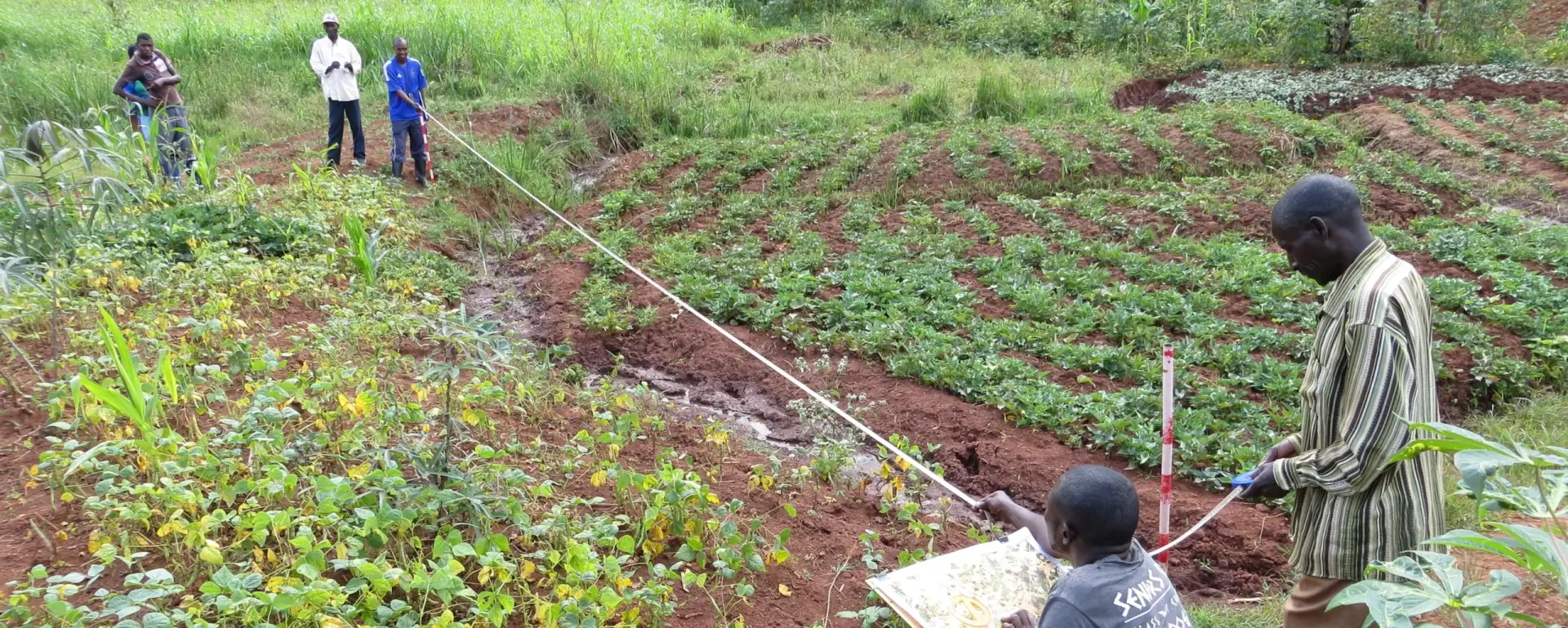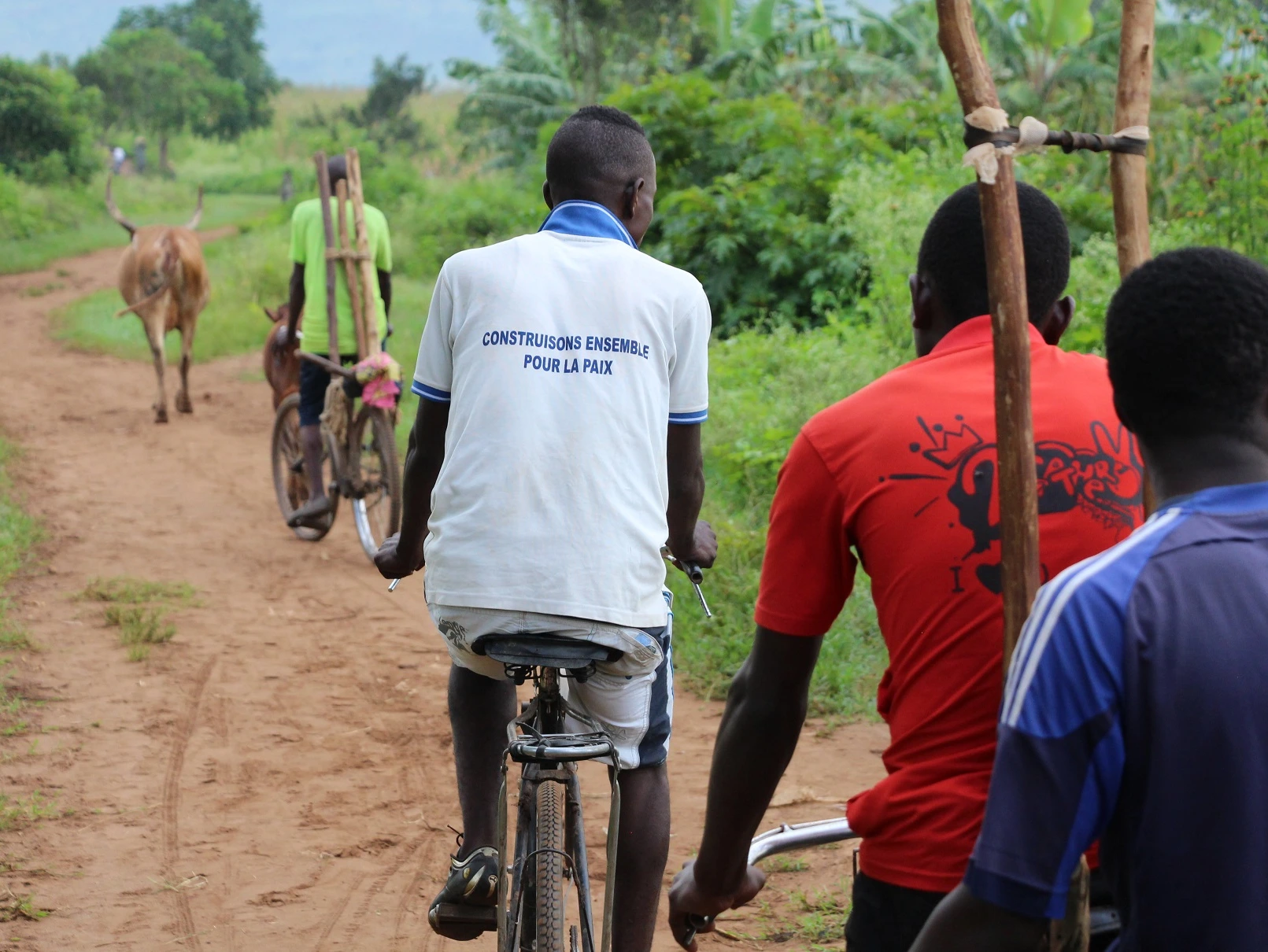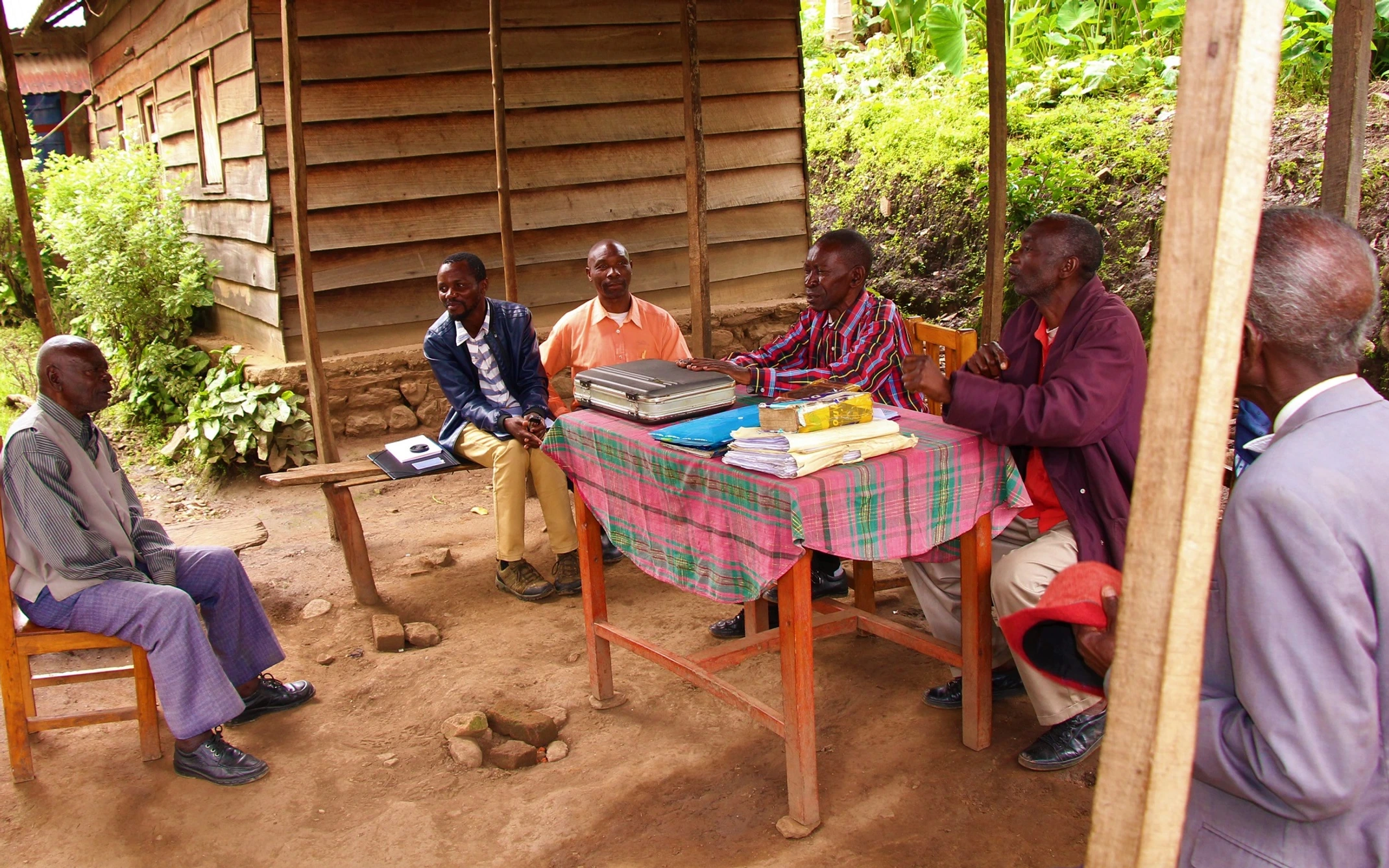
Insecure land tenure is problematic in conflict-affected settings. It hampers food production and return to normalcy after conflict, and may be a source of new conflict. For that reason, many policies and development programmes over the past decade have aimed to shore up land tenure for local communities through bureaucratic processes, notably land registration. State-led, centrally-organized approaches to land registration, however, have been shown to have significant limitations, such as prohibitive costs and complexity. In that context, many interventions are now experimenting with localizing land registration processes, and making them simpler and more affordable.
Yet this localized approach also has its challenges. Particularly in conflict-affected settings, land tenure processes tend to be complex and political, and interventions that fail to acknowledge this can run into considerable strife. In that context, a multidisciplinary, international team of researchers ran a three-year project called ‘Securing tenure, sustainable peace?’ (SecTenSusPeace) from 2018 to 2022. Funded by the Belmont Forum, the NORFACE network, and the International Science Council, and with key partners from the Institut Supérieur de Développement Rural de Bukavu (ISDR Bukavu) in DRC, the Université Catholique de Louvain (UCLouvain) in Belgium, and Wageningen University and Radboud University in the Netherlands, the project sought to tease out key challenges for localizing land registration to aid with sustainable peace-building in conflict-affected settings. The work focussed on case studies in Burundi and the eastern Democratic Republic of the Congo (DRC), and drew out commonalities across and beyond these locations.

Farmers and breeders on the way to the fields (Kamanyola, Ruzizi plain, DRC). Photo: Patient Polepole.
Lawyer Camille Munezero’s experience working on decentralized land registration provides a case in point of the challenges at hand. Currently a PhD candidate at Radboud University Nijmegen in the Netherlands, and a co-researcher in the SecTenSusPeace project, Munezero worked for the Swiss Agency for Development and Cooperation (SDC) in Burundi on a pioneering decentralized land registration process from 2008 to 2014. Charged with helping to implement that process, he soon realized things were not so simple.
“I thought that we had found a way to deal with the land issues in Burundi: even taking into account the socio-political crisis through which we went, I thought that with localizing land registration we had the solution to clarifying tenure, resolving involved conflicts, and preventing conflicts in the future,” he said. So he was surprised about how reluctant people were to participate. “We expected that they would rush for certificates,” he said. “But it didn’t work that way.”
As the research project later revealed, many community members were concerned about the ways that state laws might limit access and use of the lands if they were registered, which could interfere with local arrangements and cause new conflicts.
“As implementers, we often think about this process technically, but people do not tend to reflect in a technical way about these things,” said Munezero. “Rather, they take account of the risks attendant to the [certification] process. Land registration is not neutral: it usually disrupts local land tenure arrangements, and raises fears of losing land rights.”
For Munezero, then, a central finding of the research was the need to take account of the social and political environment in which tenure is in question. “It’s not all about identifying rights and then putting them on paper,” he said. “In Burundi, the most challenging thing for land registration, and land reform more generally, is how do we take account of all the social and political developments that surround this – not only those taking place today, but also past events because they are still influential in whatever we are trying to do now,” he said. It is critical, too, to look carefully at the particularities of context. “Even in a small country like Burundi, it’s not possible to find a homogeneous way of dealing with land registration.”
In the DRC, the researchers found that there was a clear need to improve relationships between various groups, including customary and state authorities. Another challenge was the management of financial issues such as how revenue from land was distributed and shared. Echoing the Burundi experience, the researchers also found that “the diversity of local realities needs to be taken into account in land reform at the national level,” said Patient M. Polepole, a programme manager at the Angaza Institute – the Conflicts and Governance Research and Analysis Centre at ISDR Bukavu – and a co-researcher in the project.
Generally, in environments affected by conflict, instability and population movements, “land tenure security helps to achieve a certain stability and cohabitation between people,” said Polepole. “However, formalized approaches to individual titling struggle to address the complex land conflicts that exist at the local level. The recognition of local land rights – customary in these cases – does not necessarily lead to well-founded and acceptable solutions with regard to local realities… It is also the basis of the resurgence of latent conflicts (especially those related to succession or inheritance).”

Focus group with customary chiefs, North Mbinga, Kalehe, DRC. Photo: Patient Polepole.
The project encountered several significant obstacles in its implementation: notably, the COVID-19 pandemic, and the security crisis around the city of Beni in north-eastern DRC. These situations restricted field trips for data collection, and also limited participation in the various scientific workshops planned as part of the project. Access to electricity and high-speed Internet connection was also a serious challenge for successful participation of some partners and researchers in online meetings.
Despite these setbacks, the work resulted in the production and/or the reinforcement of several PhD research projects, academic articles, and research blogs on the topic, and helped build and strengthen global networks of researchers and practitioners that are interested in the topic. In the field sites, it prompted useful collaborations and capacity building with local NGOs, as well as political advocacy with local authorities.
The project has so far resulted in several spin-off projects, and the research partners hope that the collaboration can become even more substantial in the future, to allow the group “on the one hand to deepen the reflection around the conclusions of the research carried out within the framework of the SecTenSuspeace project,” said Polepole, “and on the other hand, to propose ways and means to achieve the advent of lasting peace through localizing land tenure security.”
Header image: Mathijs van Leeuwen, Burundi.